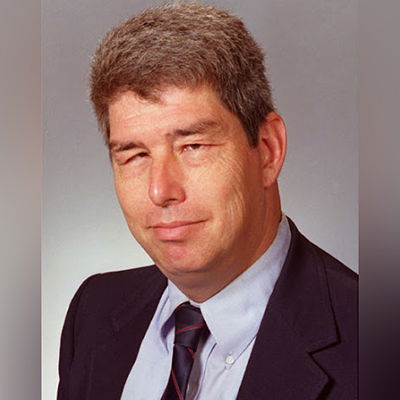Good Laboratory Practice (GLP) demands a meticulous approach to documentation. Our seminar, "GLP Laboratory Compliance Documentation and Recordkeeping," dives deep into both overarching and detailed aspects of compliance that can lead to non-conformance issues. Participants will gain insights into areas ranging from data recording, validation challenges, training records, to document archiving.
Common pitfalls in compliance are often overlooked, yet they can be critical during an audit. This seminar will identify and elaborate on typical and unique errors specific to different laboratories. For professionals implementing GLP or maintaining certification, this course is invaluable for highlighting key areas to focus on, ultimately reducing the risk of a negative audit outcome.
The core of GLP or ISO 17025 compliance often revolves around Standard Operating Procedures (SOPs), training, quality assurance, and statistical performance assessments. However, auditors may scrutinize beyond these areas. A lab could excel in these primary areas yet fail due to overlooked aspects such as recordkeeping, archiving, basic operations, and safety measures.
| SEMINAR OBJECTIVES |
| WHO SHOULD ATTEND |
By the end of this course, participants will:- Recognize Essential Documentation: Understand the variety of critical documents required in a GLP-compliant laboratory.
- Master Logbook Entries: Learn the requirements for proper logbook entries and identify non-compliant practices.
- Optimize Logbook Usage: Appreciate the significance of logbooks for chemicals, instruments, calibration, maintenance, repair, and training. Know the appropriate information for each type.
- Enhance Recordkeeping Skills: Grasp the essential practices for maintaining accurate records and effective archiving.
This seminar is designed to empower laboratory professionals with the knowledge to enhance their documentation practices, ensuring comprehensive compliance with GLP standards. Join us to refine your laboratory's documentation and recordkeeping processes, securing a smoother path through audits and beyond.
|
| - Quality Assurance Departments
- Quality Control Departments
- Research and Development Departments
- Laboratory Managers and Supervisors
- Quality Officers
- Scientists
- Internal Auditors
- Regulatory Compliance Departments
|
AGENDA
DAY 1 (10 AM to 3 PM) Lecture 1: - Recordkeeping and Archiving – Who, what, when, where, why, and how these are performed – an Overview.
- Includes reference to FDA 21 CFR Part 58.190 on record retention.
Lecture 2: - Who is responsible – what are the roles?
- Understanding roles per ISO 17025:2017 Clause 8.4.1 on control of records
Lecture 3: - What things must be recorded and archived?
- Why is this important? The Role of Records and Documents in Compliance and Operations
- Focus on FDA 21 CFR Part 58.195 on retention of records
Lecture 4:- Where are specific things recorded and archived?
- The How to keep records, the Logging System, Offsite versus Onsite Archiving.
|
| DAY 2 (10 AM to 3 PM) Lecture 5: - Basic laboratory operations - Facilities maintenance records
- Sample entrance and records, Sample handling and storage, Chain of custody
Lecture 6: - Sample preparation records
- Weighing, volumetric glassware, labeling
- Sample solution handling and records
Lecture 7: - Stability testing! Logbooks for preparation of standards, reagents, and buffers.
- Instrument repair and maintenance logbooks, calibration logbooks
Lecture 8: - Prevention through the Use of Control Charts, Nelson's Rules as a Statistical Basic for such Monitoring
- Troubleshooting and Prevention Efforts
- Safety as a Compliance Issue
|
Course Director: DR. JOHN C. FETZER
 |
| Dr. John C. Fetzer has been doing liquid chromatographic method development for over 35 years. His PhD was in studies of various types of chromatography. He has authored or co-authored over 50 papers on LC separations, has served on the advisory boards of the Journal of Chromatography, Analytical Chemistry, and Analytical and Bioanalytical Chemistry. He supervised the Good Laboratory Practices accreditation of a large research chromatography laboratory and has taught numerous short courses on GLP and ISO 17025 compliance. |
|
